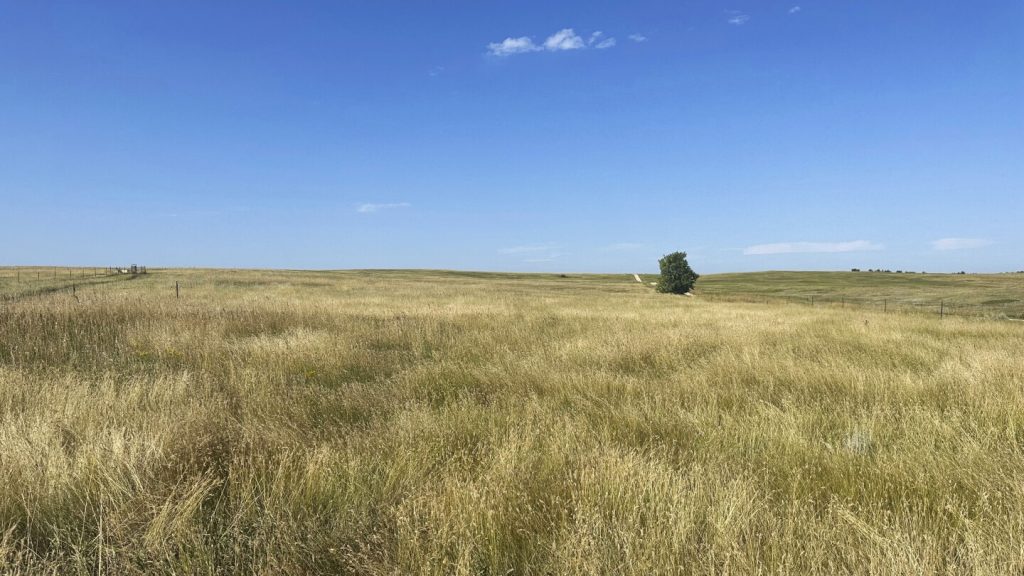The Cheyenne River Youth Project, a Native American-led nonprofit, recently purchased nearly 40 acres of land in the Black Hills of South Dakota, adjacent to Bear Butte State Park. This area holds significant cultural and spiritual importance for the Lakota Nation, as it is home to Mato Paha, a sacred place. The U.S. government had seized the Black Hills in the late 19th century, leading to the fragmentation of the Great Sioux Reservation. Despite a 1980 U.S. Supreme Court ruling that deemed the seizure of the Black Hills illegal and awarded the Lakota people $105 million, they have refused the money as they believe the land was never for sale.
Julie Garreau, the executive director of the organization, stated that the rapid growth of metropolitan areas and soaring land values have been hindering opportunities to re-establish access to sacred places. The distance and cost involved in traveling to these areas have made it difficult for Indigenous people to connect with their ancestral lands. By purchasing this land, the organization aims to provide easier access for their people and preserve their cultural heritage. The statement did not disclose the specific amount paid for the land.
The Land Back movement has gained momentum in recent years, with tribes in the U.S., Canada, and Australia successfully reclaiming their rights to ancestral lands. This movement advocates for the return of land to Indigenous communities, highlighting the historical injustices and dispossession faced by these groups. By restoring access and ownership of these lands, Indigenous people can reconnect with their traditions, spirituality, and identity. The purchase of land by the Cheyenne River Youth Project represents a significant step towards reclaiming Indigenous territory and promoting cultural preservation.
The decision to acquire this land reflects the organization’s commitment to addressing the historical injustices that have marginalized Indigenous communities. By actively participating in the Land Back movement, the Cheyenne River Youth Project seeks to empower Native Americans and strengthen their connection to ancestral lands. The cultural significance of Mato Paha and the surrounding areas underscores the importance of preserving these sacred places for future generations. This purchase serves as a symbolic gesture of resilience and resistance against ongoing colonization and oppression faced by Indigenous peoples.
The lack of access to sacred places due to urban expansion and escalating land values has further marginalized Indigenous communities and threatened the preservation of their culture. By securing this parcel of land, the Cheyenne River Youth Project aims to create a space where individuals can reconnect with their heritage, spirituality, and traditions. The organization’s efforts to revitalize cultural practices and re-establish ties to the land reflect a broader movement towards Indigenous land repatriation and sovereignty. Through initiatives like this land purchase, Indigenous communities can assert their rights and reclaim control over their ancestral territories.
The purchase of land in the Black Hills represents a significant victory for the Cheyenne River Youth Project and the broader Indigenous land rights movement. By acquiring this property, the organization not only secures a vital connection to their cultural heritage but also sets a precedent for other Indigenous groups seeking to reclaim their ancestral lands. As the Land Back movement continues to grow, the return of Indigenous territory becomes increasingly important in addressing historical injustices and promoting Indigenous self-determination. This acquisition serves as a beacon of hope and empowerment for Native communities striving to protect their land, culture, and identity in the face of ongoing challenges.


